The problem: Psychedelics like LSD and magic mushrooms are a buzzy research area because of their potential mental health benefits. But they still aren’t well-understood, and might not be practical for people who can’t work a hallucination into their day-to-day lives.
All Science stories
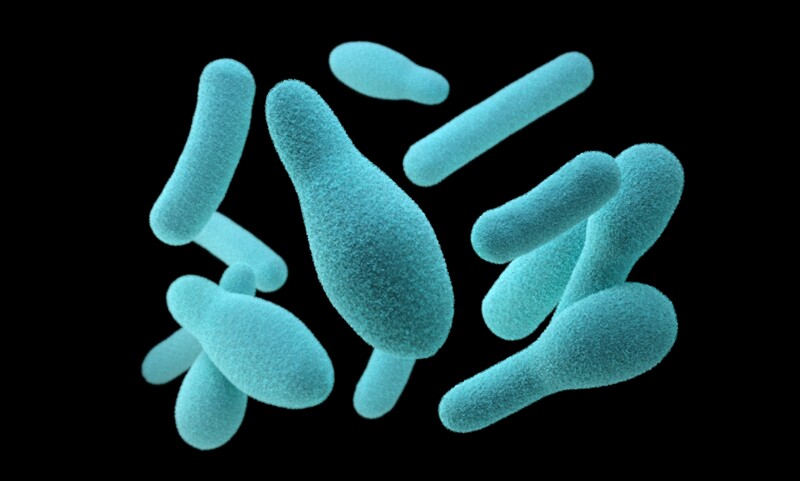
The problem: Plastic waste persists because there aren’t many micro-organisms that can break it down — it’s built differently on a molecular level from the organic trash they typically eat.
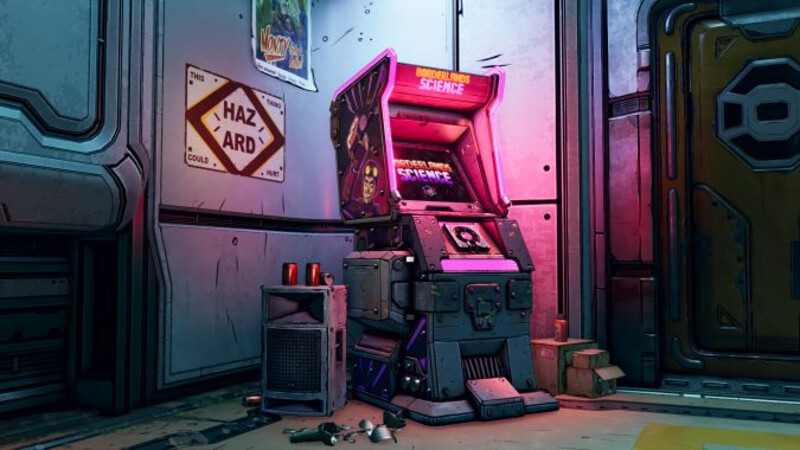
The human gut has a big impact on someone’s health, but exactly what that looks like is dictated by interactions between trillions of microbes that change drastically based on diet and lifestyle. All of those different variables can make researching it really complicated.
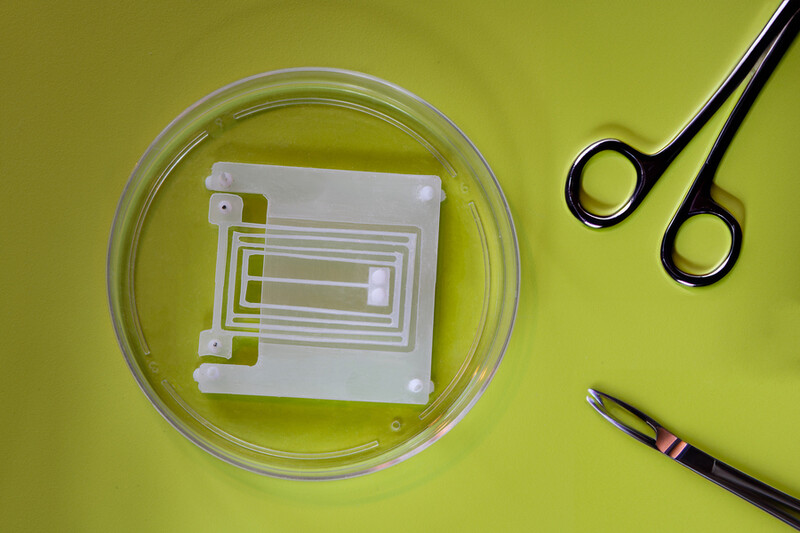
It’s hard to get robots to move smoothly. All of those rigid parts make for stiff movements and a lot of wasted energy, which — besides looking silly — doesn’t make them all that useful for the commercial settings they are being developed for.
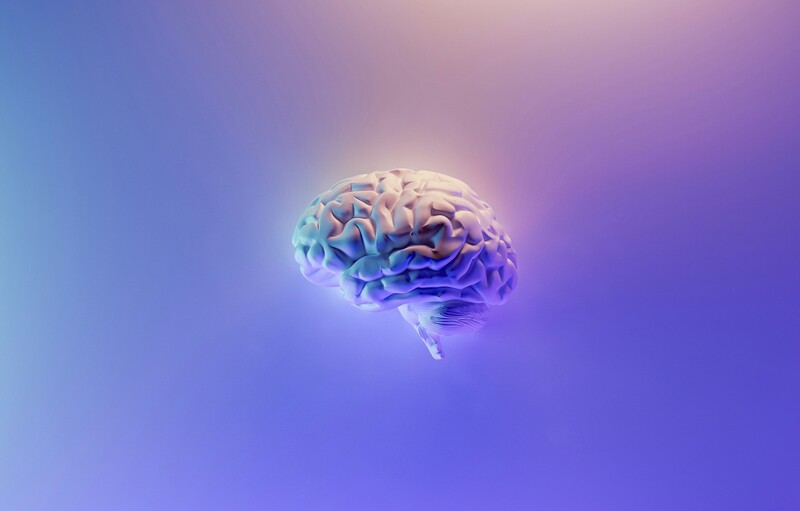
The problem: No one is exactly sure how memories are formed. Scientists know certain parts of the brain play an important role, as do electrical signals passing between neurons, but precisely how stuff gets encoded in your mind remains a minor mystery.
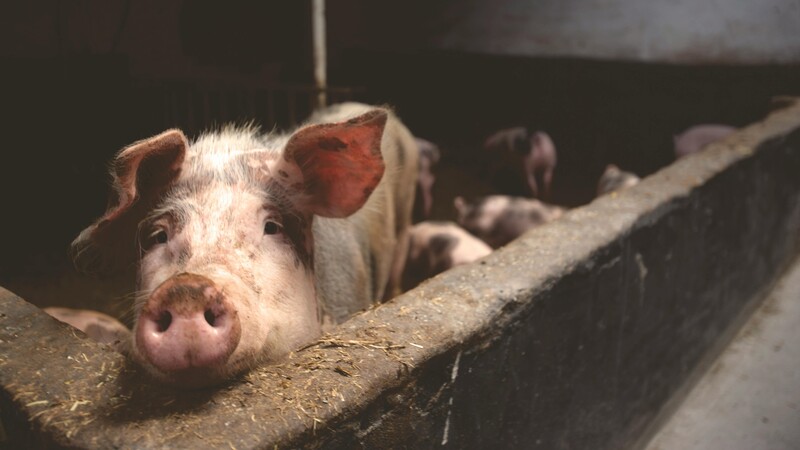
A lot of people are waiting for life-saving organ donations, especially kidneys. According to the Canadian Institute for Health Information, nearly 1,800 kidneys were transplanted in 2022, but 2,813 people were still on waiting lists and 117 died before getting one.
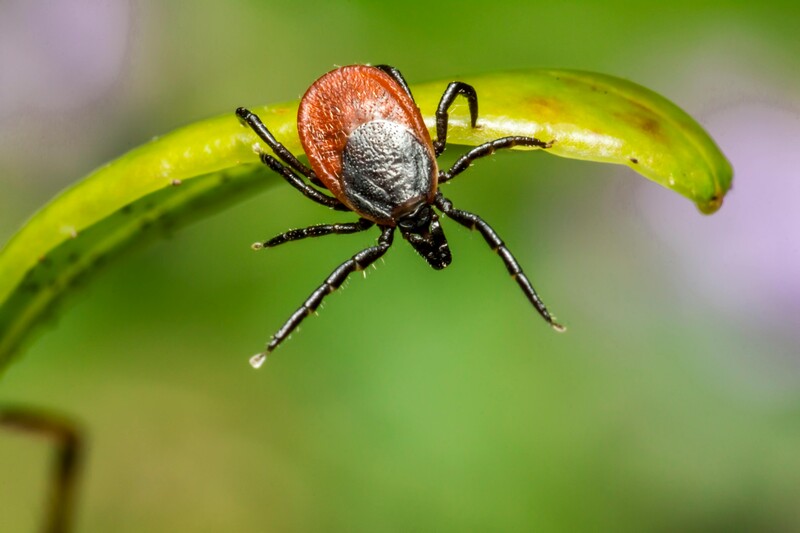
The problem: Nature-loving Canadians have to be extra diligent about their post-hike tick check thanks to climate change. Longer summers let more ticks survive and reproduce, mild winters mean tick season is starting earlier, and animals looking for new habitats are carrying ticks to more places. All of this adds up to higher rates of Lyme disease, for which there is no human vaccine.
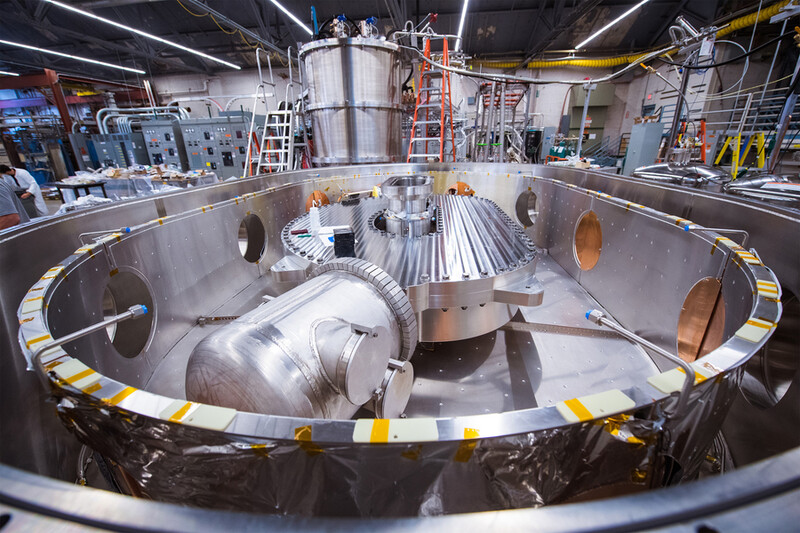
In 2021, when MIT researchers proved that nuclear fusion — how stars combine atoms to generate energy — could be replicated to provide power here on Earth, there was a caveat: The superconducting magnets needed were so large and costly that the process was light-years away from being practical.

The problem: Gas-powered cars are a big contributor to the world’s carbon emissions, but the transition to electric vehicles is sputtering as consumers remain skittish about pricey purchases. Toyota is one of the biggest skeptics among major automakers, estimating that the EV market will top out at 30% of drivers, meaning that carbon reduction will have to come from elsewhere.
.png)
The problem: Prescribing antidepressants involves a bit of trial and error: Between 40% and 60% of patients don’t respond to the first antidepressant they’re prescribed. Studies have shown that genetics account for up to 42% of variations in how patients with similar symptoms respond differently to the same medication.
